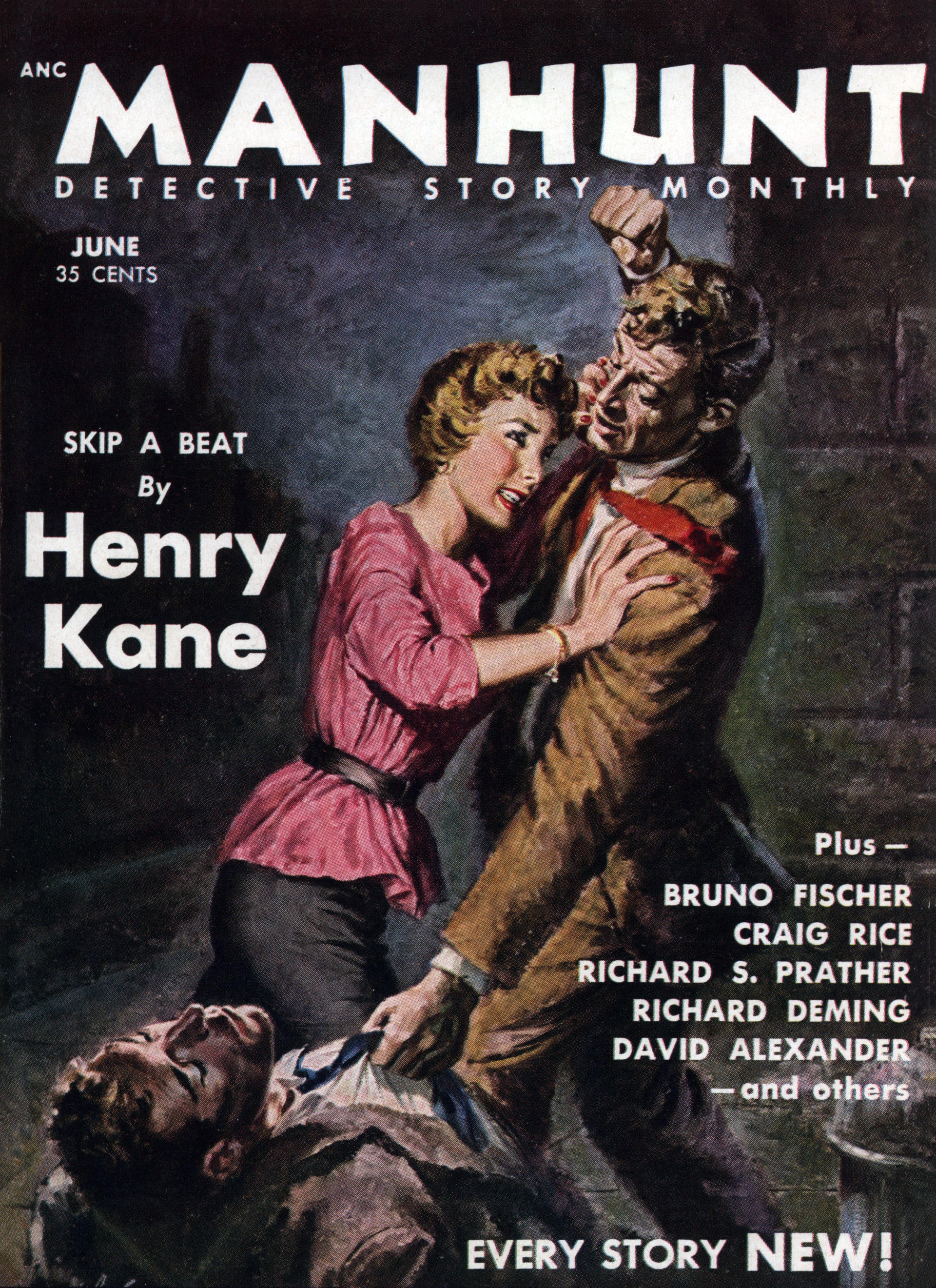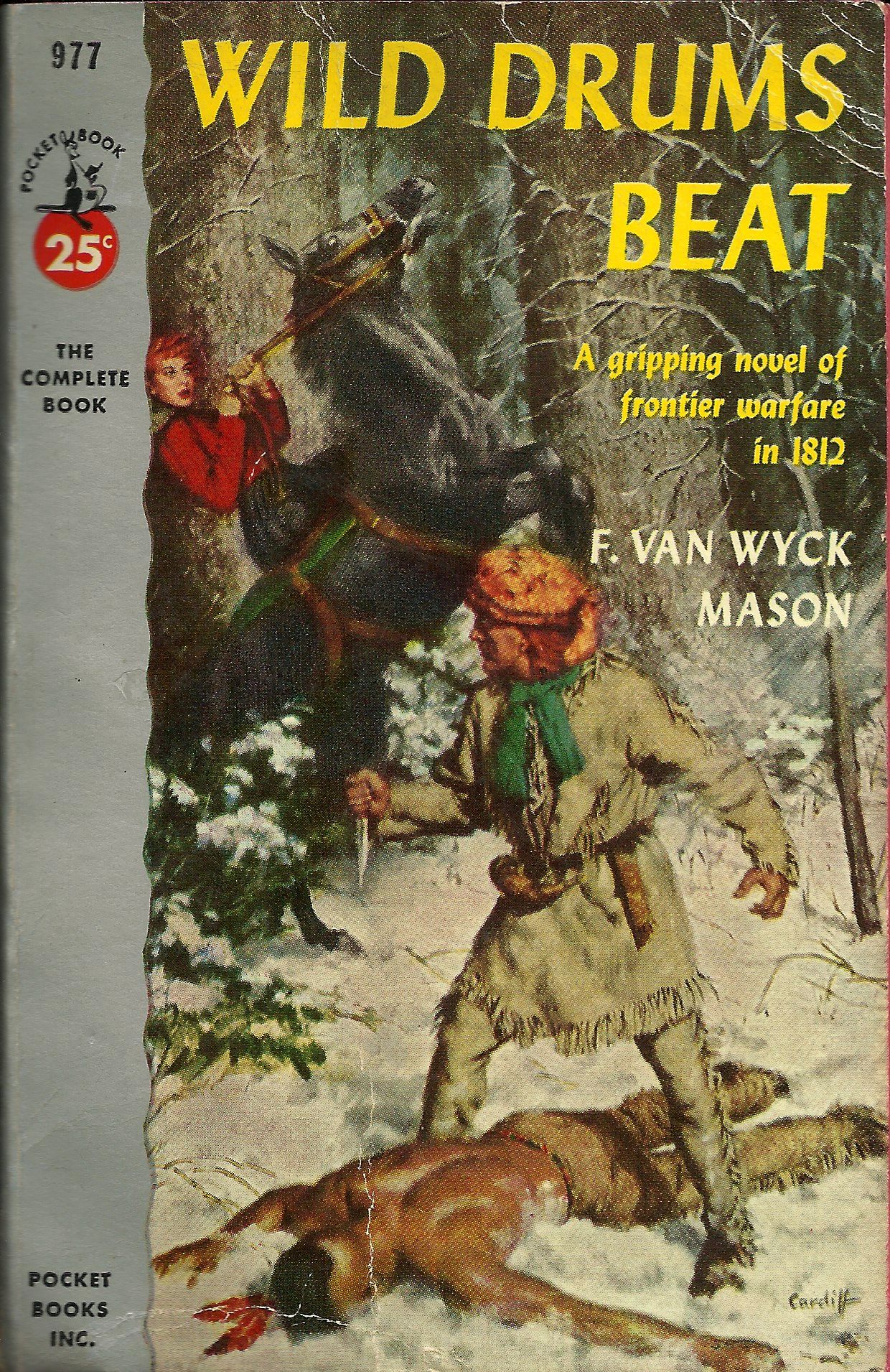Sometimes, words hit you with a lot of force, and "beat to the pulp" is certainly one of those expressions. It brings to mind an image of something truly devastated, perhaps even beyond recognition. This phrase, you know, carries a very strong sense of extreme damage or a complete defeat, something that leaves a lasting impression on whoever hears it. We hear it in all sorts of situations, from describing a physical encounter to talking about a crushing loss in a game or even a business deal that went very, very wrong.
The way we talk about things, especially when we want to show how bad something truly is, often involves these kinds of vivid pictures. "Beat to the pulp" really paints a picture of something that has been struck repeatedly, so much so that its original form is gone. It's about a level of impact that goes far past just a little bit of harm, suggesting a total overwhelming of whatever is on the receiving end. So, it's almost like a shorthand for utter destruction, really.
This phrase, like many others we use every day, has roots in something very physical, yet it has grown to cover a much wider range of happenings. It's a way we describe intense situations without needing a whole lot of extra words. From how we talk about sports to the way we describe a piece of music, the word "beat" itself has many uses, and when you add "to the pulp," it just gets that much more intense, in a way. We will look at how this phrase and the word "beat" itself show up in our daily talks and writings.
- Dr Janie Bruce
- How To Use A Barrel Swivel
- Going Our Way One Direction
- Baby Doll Joe Burrow
- Zoe Buckman Movies
Table of Contents
- What Does It Mean to Be Beat to the Pulp?
- When Does Someone Get Beat to the Pulp?
- How Does "Beat" Work in Our Language?
- Is "Beat" Always About Hitting?
- The Rhythm of "Beat" - Making Music
- Can You Really Own a Music Beat?
- What Does "Beat" Mean in Competition?
- Different Ways We Use "Beat"
What Does It Mean to Be Beat to the Pulp?
When someone says something was "beat to the pulp," they are, you know, expressing a sense of extreme damage. The word "pulp" often refers to a soft, wet mass, like what you get when you crush fruit or wood until it's just a mush. So, when you put "beat" and "pulp" together, it paints a very strong picture of something that has been hit so much that it has lost its shape and become a shapeless mess. This phrase typically describes a situation where a person or an object has received a very severe physical battering, to the point of being completely broken down or, you know, rendered unusable. It's a very vivid way to talk about utter destruction or a very thorough physical beating, in some respects.
When Does Someone Get Beat to the Pulp?
This phrase, "beat to the pulp," is most often heard when describing a physical confrontation that went very, very badly for one side. For instance, if a person was involved in a fight and ended up with serious injuries, someone might say they were "beat to the pulp." It's a way of saying they were hit over and over again until they were, you know, completely overwhelmed and perhaps unable to continue. It's a strong way to show the level of harm inflicted. We also sometimes use it in a less literal way, like when a sports team suffers a truly crushing defeat. They might say, "We got beat to the pulp last night," meaning they were totally outplayed and had no chance. So, it can describe both physical violence and a complete loss in a contest, basically.
How Does "Beat" Work in Our Language?
The word "beat" itself is quite interesting because it changes its form depending on when something happened. For example, the simple past tense of "beat" is still "beat," which can be a little confusing for some. If you were to say, "I beat him yesterday," you're using the past form. However, the past participle, which you might use with "have" or "had," is "beaten." So, you would say, "I have beaten him many times," or, you know, "He had been beaten before." This distinction is something people sometimes mix up, but it's a key part of how the word fits into our sentences. It's a verb that shows repeated action or, you know, a single decisive action, and its forms help us place it correctly in time, you know.
- Jrue Holiday Baking Championship
- John Cena Schedule 2025
- New Thriving Near Me
- James Norton Film
- Country Home Magazine
Is "Beat" Always About Hitting?
While "beat" often means to strike something over and over, its uses stretch far beyond that. For instance, we see it in sports quite often. You might hear someone say, "We got beat last night," which means their team lost the game. This is a common way Americans, especially athletes, talk about losing a competition. It's not about physical blows, but about being outperformed. In the context of "My text," it even mentions how a news report might use "got beat" to describe a team's loss, showing it's a widely accepted way to talk about defeat. So, it's not just about hitting, it's also very much about winning and losing, or, you know, being better than someone else in a contest, you know, in a way.
Another interesting point from "My text" is the slight difference between "beat" and "bite." If a child says, "Teacher, John bit/beat me," the teacher needs to know which action took place. The past tense of "bite" is "bit," while the past tense of "beat" remains "beat." This really highlights how important it is to use the right word to describe what happened, even when the words sound a little similar or have past forms that can be tricky. It's about being very clear in what you are trying to say, you know, so there's no confusion about the nature of the action that took place, basically.
The Rhythm of "Beat" - Making Music
When we talk about music, "beat" takes on a whole different meaning. It refers to the steady pulse or rhythm of a song. Think about a song where you hear a "boom boom" sound, that's often the "beat" that drives the music forward. In genres like Memphis Rap, for example, the "beat" is a very central part of the sound, often driven by specific drum sounds like the Hihat and the 808. These elements create the foundation for the whole song, making you want to move or, you know, just feel the music. It's the backbone, in a way, that everything else builds upon, giving the song its character and its energy, you know.
Creating music often involves working with these "beats." People experiment with different rhythms, melodies, and basslines to build a song. There are even tools, like Incredibox mentioned in "My text," that let you make your own music by arranging different beatbox sounds. This shows how "beat" is not just a sound, but a fundamental building block for musical creation. It's about putting sounds together in a timed, pleasing way that forms the structure of a piece of music. You can, you know, record these creations and share them, allowing others to hear and enjoy the rhythms you've put together, pretty much.
Can You Really Own a Music Beat?
This brings up a rather important question, especially for those who make or use music: can you truly own a "beat"? "My text" points out that when you buy a "beat" online, you are often buying a "rental license" rather than full ownership. This is a very common setup in the music world. It means you get permission to use the "beat" for your song, but the original creator still holds the full rights to it. So, you might have the right to use it in your track, but you don't necessarily own the underlying composition or, you know, have the power to sell it as your own creation to others. This distinction is really important for avoiding problems with copyright, you know, and making sure everyone's creative efforts are respected, in some respects.
Understanding whether a "beat" is considered a full musical arrangement or if the person who made it is a "co-composer" is also key. These details affect how you can use the "beat" and what kind of credit or payment needs to go to the original creator. It's a complex area, you know, where the lines between simply using a sound and creating something entirely new can be a little blurry. For people in the music business, paying close attention to these details is absolutely essential to make sure everything is done fairly and legally, you know, to be honest.
What Does "Beat" Mean in Competition?
Beyond physical striking and musical rhythm, "beat" also means to win against someone or to do better than them. If you say, "I bet I could beat him tomorrow," you're expressing confidence that you can win in a competition or a challenge. This usage is very common in sports, games, and any situation where there's a winner and a loser. It's about showing superiority or, you know, achieving victory over an opponent. It can also mean that something is simply better or more enjoyable than another option, like saying, "This new movie beats the old one," meaning it's a better experience overall. So, it's about being superior in some way, you know, or coming out on top, basically.
Different Ways We Use "Beat"
The word "beat" is quite versatile, appearing in many different contexts. We've talked about its meaning as a repeated strike, as a rhythm in music, and as a way to describe winning a competition. But it also shows up in other ways. For instance, it can refer to a regular, measured unit of time, especially in music, where the "beat" keeps everyone together. It's also used to describe a path or a routine, like a police officer walking their "beat." This shows how a single word can have many different meanings, depending on the context it's used in. It's a rather interesting aspect of language, how one sound can carry so many different ideas, you know, pretty much.
We can also "beat" something into shape, meaning to make it conform to a desired form through effort. Or we might say a heart "beats," referring to its regular pulsing action. The phrase "beat up" specifically implies causing pain through repeated hitting, as seen in "My text" when discussing a situation where someone was harmed. All these different uses, you know, really show how flexible and adaptable our language is, allowing us to express a wide range of actions and ideas with just one little word, you know, in a way.
So, from the harsh reality of being "beat to the pulp," meaning utterly destroyed or severely harmed, to the creative process of laying down a musical "beat," or even just the simple act of winning a game, the word "beat" truly has a lot of facets. It describes actions, sounds, and outcomes across a very wide range of human experiences. Understanding these different uses, you know, helps us grasp the full weight and meaning behind this powerful little word and the phrases it forms.
- Dr Now Savage Moments
- Who Opened For Theo Von Last Night
- Modli Swimwear
- Key And Peele Gay Wedding
- Is Diddy In Jail


